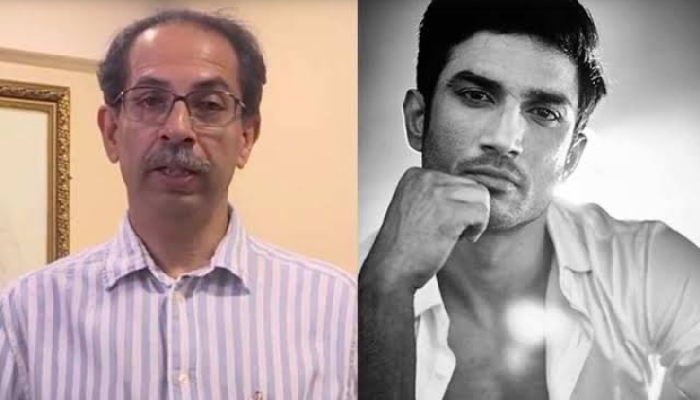New Delhi, May 24: He does not shy away from admitting that the desire for success pushed him to become a music composer but after spending almost three decades in the film industry, Vishal Bhardwaj has come to believe that “creative satisfaction” is the driving force for him. The 52-year-old filmmaker says craving for success is in human nature and he is no different but with time, his priorities have changed from money or fame to creating the cinema he believes in.
“If one says he is not looking for success, he is lying. If somebody is not bothered about success, they are actually close to nirvana. Success represents greed. If one doesn’t want success, they have overpowered their greed. With success comes three things—money, fame and power. But now creative satisfaction is more important for me. I have never had great success with my films, but the creative satisfaction I got was on some other level. That is why even after failures, I keep coming back to make films,” Bhardwaj said.
The filmmaker, who was in the city to attend the ongoing Habitat Film Festival in Delhi, says failures do affect him. His last directorial venture, Rangoon, bombed at the box office.
“If films don’t work, we are criticised so badly by people and critics. It makes me disheartened. At that time, I think why am I doing this? Why am I bringing myself to this court where people are judging me? But then I realise, they are not judging me but my work. I feel low for sometime and then I bounce back.” Bhardwaj, 52, who started his journey in Mumbai as a music director, turned filmmaker with 2002 film “Makdee” as he was unhappy with the content being produced during late ’90s.
And with his beautiful on-screen adaptations of William Shakespeare’s three tragedies–Macbeth (Maqbool), Othello (Omkara) and Hamlet (Haider), he has become one of the most important contemporary voices in Indian cinema.
In the process, Bhardwaj has also worked with some of the biggest stars in the Indian film industry as he believes at times it gets important to have a “name” in the project to attract financers. “Working with stars becomes important because as a filmmaker I need people to invest in my film. I remember, when I was making ‘Maqbool’, I went to a bank to get my lone sanctioned but nobody believed that a film based on a literary work will do well.”
The director, however, has his own criteria when it comes to choosing stars for his films. “I choose stars on the basis of how much they are open to be the characters because it is tough for them to leave their image,” he says.
Bhardwaj believes Aamir Khan is one such superstar, who likes going the extra mile to become a character. “Aamir is one such star who tries his best to become the character. But otherwise, stars have the tendency to bring the character to their stardom and not leave their stardom to play the character.”
Bhardwaj and Aamir almost came together for a film titled, Mr Mehta and Mrs Singh, but the project was shelved as they had “creative differences”.
Aamir was also willing to essay the role of Langda Tyagi in Omkara, but things could not materialise. The part eventually went to Saif Ali Khan. “We have not worked together yet but I love that he is a very honest and straight person, which is rare to find in such a big star. Most of the stars lose this quality. His upbringing and him being so humble is a big quality he has achieved. I don’t know what kind of a film we will work on. We have to find out a character which excites both of us,” Bhardwaj says.
The director’s another favourite star is Priyanka Chopra. The two have earlier worked on Kaminey and 7 Khoon Maaf and are currently in talks for a new project.
“Priyanka is my favourite actor to work with. It is always a pleasure to work with her. We have been working on some story. Maybe one of the Shakespearean adaptations I will do with her,” he says.
Bhardwaj’s next directorial venture is a sequel to Talvar and will revolve around the recent murder of a seven-year-old student in a Gurgaon school. The director, who is also writing and producing the film, says it will not only focus on the case but will also throw light on the current state of the society.
“It is our duty to bring out these things. The film is very contemporary. It is a reflection of the society we live in. It is not only about that particular incident and will present bigger picture.”






Comments
Add new comment